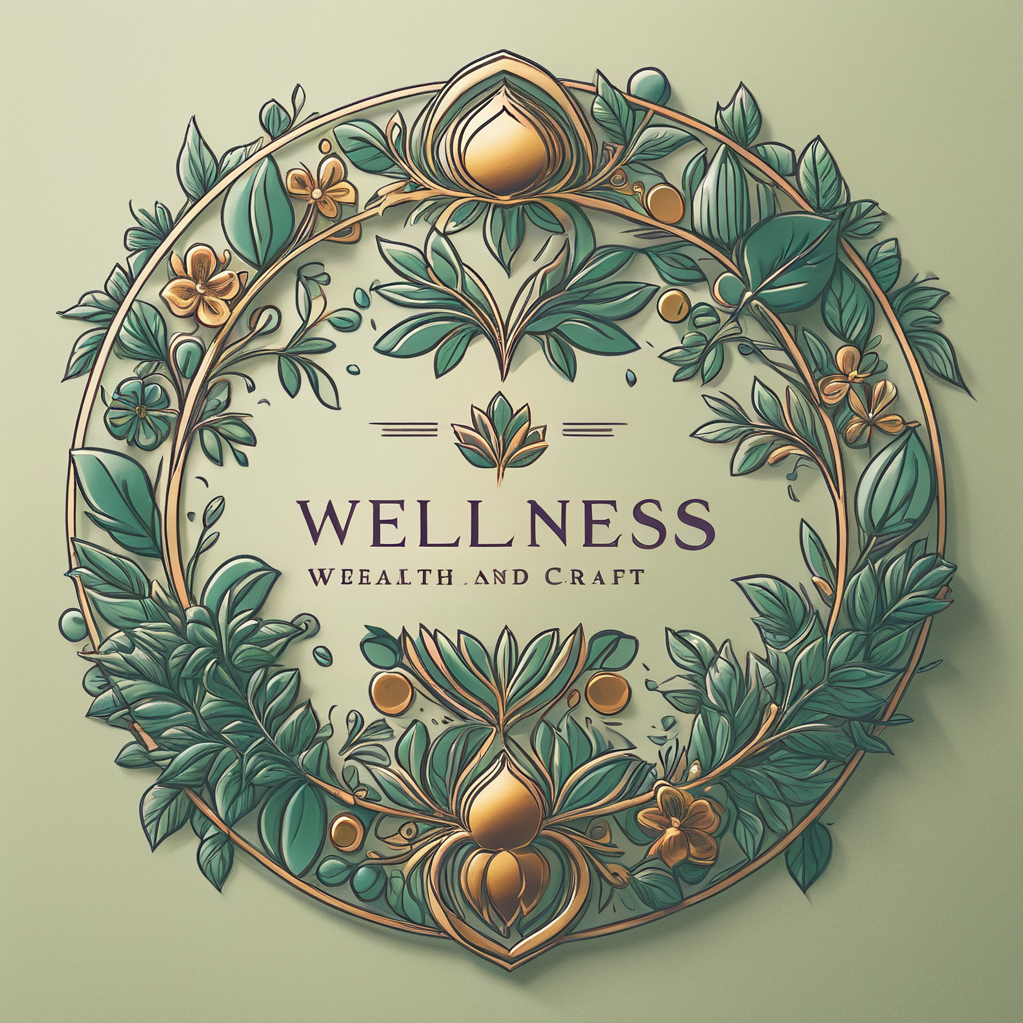This article originally appeared in dental-software-innovation/” target=”_blank” rel=”noopener”>Forbes Technology Council and was written by Eric Giesecke, CEO of Planet DDS
As dental service organizations (DSOs) navigate the industry’s ongoing consolidation, technology is becoming increasingly critical to their growth and success.
Open application programming interfaces (APIs) have already proven to be a catalyst for transformation and growth in other industries by enabling seamless connections between different software systems.
In the dental sector, open APIs hold similar potential, offering flexibility and interoperability that closed systems can’t provide.
Open API Lessons From Other Industries
At their core, APIs enable different software systems to communicate and share data. They act as digital connectors, allowing various applications to work together by providing programmatic access to each other’s data automatically.
APIs are especially critical in industries where multiple technologies need to coexist harmoniously, as they enable developers to build more flexible, interoperable solutions without requiring every system to be re-engineered from scratch. As APIs become more widespread, they are reshaping entire industries by fostering greater connectivity, flexibility, and innovation.
Consider the revolution that open APIs have brought to smart home technology. Devices such as thermostats, lights, and security systems can now work together seamlessly thanks to APIs. These APIs integrate disparate devices into a unified system, enabling more intuitive and personalized home automation.
This level of interoperability and customization has become the standard in the smart home industry, transforming how consumers interact with technology in our daily lives.
The impact of open APIs is becoming increasingly apparent across various sectors. In the financial services industry, open banking APIs have also been a catalyst for innovation. They allow third-party applications to access bank account data and initiate payments, leading to new financial products, increased competition, and improved customer experiences.
A New Era in dental Software
In healthcare, APIs have also been central to digital transformation. They break down traditional barriers by integrating diverse technologies such as electronic health records, imaging platforms, and patient engagement tools. This seamless integration significantly enhances practice management, streamlines workflows, and improves patient outcomes.
Similarly, in dental-practice-management-solution-buying-guide-for-dsos/” target=”_blank” rel=”noopener”>dental practice management, open APIs are reshaping how DSOs operate. Open APIs allow DSOs to build a tailored technology stack that meets their specific needs by enabling different technologies to communicate and collaborate. Whether integrating digital imaging systems with patient management software or incorporating advanced analytics tools, open APIs break down data silos and enhance operational efficiency.
For example, APIs can streamline previously labor-intensive tasks such as insurance transactions through the exchange of real-time data and automated workflows. They can also connect practice management systems with digital imaging platforms through APIs that can significantly improve diagnostic accuracy and streamline treatment planning.
By integrating with analytics tools, APIs provide deeper insights into practice performance and patient data, leading to better decision-making.
The Value of a Truly Open API Ecosystem
However, vendors merely claiming to have open APIs alone is insufficient to maximize benefits for DSOs or to integrate with other vendors.
To fully unlock the potential of APIs, building a truly open ecosystem is essential rather than restricting integration to a select group of partners. Limiting API access to specific vendors narrows the scope of integration and hinders broader industry innovation.
A true, open API environment supports a broader range of technology providers, facilitating seamless communication and collaboration across platforms. Embracing a truly open API ecosystem can improve flexibility, interoperability, and collaboration, ultimately driving better dentistry/” target=”_blank” rel=”noopener”>operational efficiency and patient care for DSOs.
Ensuring Secure API Integrations in dental Practices
While open APIs present great opportunity to DSOs they also require best practices and a clear understanding of how to mitigate risks around data security and compliance. Working with trusted partners and understanding who has access to your data are all crucial considerations in balancing the benefits with potential risks.
Sharing data between systems can increase potential attack surface, making it vital to implement robust security measures such as encryption, secure authentication methods, and regular vulnerability assessments. DSOs must ensure that all API endpoints are protected against unauthorized access to safeguard sensitive patient information.
As DSOs know, patient data is highly sensitive and subject to regulations like HIPAA. More ways to protect patient data include having clear data-sharing agreements with vendors, anonymizing data where possible, providing access to only the data that an external solution would need, and regularly auditing API interactions for compliance.
Open APIs for dental Software
By embracing a truly open API framework, vendors can offer DSOs more flexibility, interoperability, and collaboration. This shift can improve operational efficiency, patient care, and new growth opportunities. Just as smart home technology has revolutionized automation, open APIs have the power to elevate dental practice management.
As the industry evolves, those who adopt this comprehensive approach to API openness will be well-positioned to lead the future of dental care. Open APIs are not merely a technical advancement but a key driver of transformation, paving the way for a more interconnected and efficient future for dental practices.
dental-software/”>Source link



